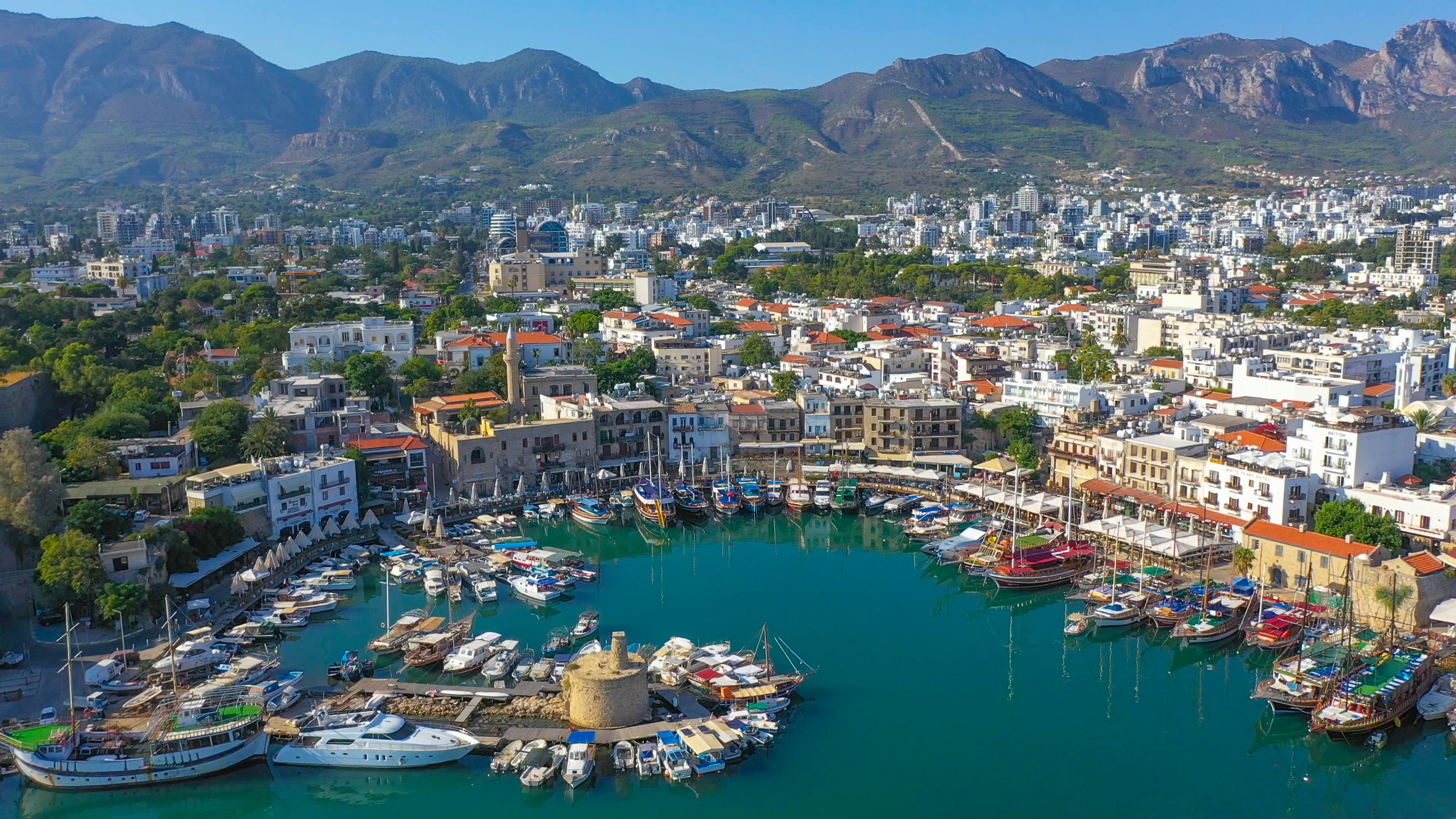Pros and Cons of an International Trust
Explore the pros and cons of an international trust, including asset protection, tax benefits, and the unique advantages of offshore trusts for global families.
An international trust is a legal instrument in finance that has received a lot of demand in wealth management and preservation all over the globe.
These trusts enable people to own and control their properties in different countries, provide a convenient and frequently tax-privileged means of safeguarding assets, maintaining the privacy of the owners, and planning their estates.
According to some reports, global assets held offshore trusts are estimated to exceed $20 trillion. This demonstrates the widespread use of international trust use in wealth preservation.
Nevertheless, the subject of international trust also comes with some disadvantages such as high operating costs and complexity.
This blog will describe the benefits and drawbacks of international trusts so that you can determine if they meet your goals.

What is an International Trust?
An international trust is a legal device that arises when a settlor conveys property to a trustee to hold for the benefit of one or more beneficiaries.
These trusts are established in other countries and usually in those countries that have favorable laws on tax, secrecy, and shield laws.
Structure of an International Trust
Key Parties
The trust typically involves three parties: the settlor, who creates the trust deed and contributes the property into it; the trustee, who is responsible for the management of the trust property; and the beneficiaries, who are entitled to the benefits of the trust as decided.
Jurisdiction
The international aspect arises where the trust is established in a country that is different from the country of domicile of the settlor.
Revocable Trusts
One common type is a revocable trust, which allows the settlor to make changes or even revoke the trust entirely during their lifetime. This type of trust provides more flexibility in asset management.
Irrevocable Trusts
Alternatively, an irrevocable trust is often used when the settlor wishes to permanently transfer their assets. It cannot be altered or canceled without the consent of the beneficiaries. This type of trust generally provides stronger asset protection.

Comparison with Domestic Trusts
Foreign or offshore trusts, on the other hand, are governed by the laws of the country in which the trust was created, and these laws tend to be more lenient as to the issues of protection, taxation, and anonymity.
These foreign jurisdictions are selected based on their friendly standards when it comes to trust to enable the more flexible management of multinational assets.
Common Application of International Trusts
It is widely applied for the purpose of tax evasion, succession, and sheltering of assets. They allow high-net individuals and companies to handle their funds across various countries. Trust assets are generally shielded from lawsuits or creditors, or from unfavorable tax policies.
Advantages of an International Trust
Establishing an international trust has the following benefits. These include the following, which we discuss below:
Asset Protection
International trusts have been designed to afford a considerable degree of protection from the claims of creditors, legal action, or marital disputes.
The settlor can move the assets to another country with favorable asset protection laws through a trust to avoid being seized by the local courts.
For instance, countries such as the Cayman Islands, the Cook Islands, and the UAE have very good laws that protect trust property from creditors.
Tax Efficiency
Most of the international trusts are created in countries that have fair income tax policies. According to the tax laws and treaty agreements of the particular country, the use of the trust can reduce potential income, capital gains, and inheritance taxes.
Estate Planning
An international trust makes it easier to transfer property to a beneficiary with minimal chances of getting a lawsuit or a challenge for a title deed.
Due to the fact that the assets are held by the trustee, beneficiaries can receive the wealth with no need to undertake the time-consuming process of probate in various countries. This assists in continuity and makes sure that the settlor’s desire is achieved in an efficient manner.
Confidentiality and Privacy
The other benefit that comes with international trust is that it provides privacy, which is why people form it. Countries like Switzerland and Singapore have very strict laws that prevent the disclosure of the identity of the settlors, the trustees, or the beneficiaries.
This helps in that personal wealth details are not disclosed, which may be very important in protecting the wealth from those who may wish to access it.
Multinational Asset Holding
International trusts help people to have their assets in different countries and give them freedom in the management of wealth.
It is especially useful for individuals with large investment portfolios, holding assets in various jurisdictions, as it provides for the unitisation of these assets under one legal entity for easier management and protection from political risks in various global locations.
Disadvantages of an International Trust
As with any legal phenomenon, the existence of international trusts presents certain benefits and we turn now to review their limitations.
High Setup and Maintenance Costs
Establishing an international trust is not cheap. The initial legal fees and the cost of trustees and other ancillary charges as well as the yearly maintenance cost may be high depending on the country of incorporation of the trust.
Moreover, routine charges for lawyers’ consultation and accounting, tax returns, and auditing can be rather expensive, which means that international trusts are expensive to sustain in the long run.
Complexity and Regulatory Compliance
International trusts are governed by the laws and regulations of both the home state as well as the state of situs. The legal issues that surround such trusts can be cumbersome especially when dealing with issues to do with cross-border legislation.
This means that the board of trustees has to be acquainted with international laws, for example anti-money laundering laws, that make the administration of the institution cumbersome.
Limited Legal Recognition
International trusts are not recognized in all countries, and this often leads to conflicts of law problems in relation to the relevant assets or legal proceedings.
For instance, civil law countries such as France and Germany do not fully acknowledge the existence of trusts as common law jurisdictions do. This may lead to legal complications or the failure of the trust to enforce its terms in those countries.
Potential Tax Issues
While some international trusts have legal advantages in terms of tax, there may be others that will attract the attention of the tax authorities.
Thus, in some countries, international trusts are regulated by special rules that may lower their effectiveness as efficient means to minimize taxes.
Moreover, beneficiaries may be taxed on the income derived from the trust, especially in those countries that have brought stringent measures against offshore structures.
How to Decide if an International Trust is Right For You
It is not easy to establish whether an international trust is appropriate or not because this choice depends on individual financial conditions, kinds of assets, and objectives.
High-net individuals who have substantial assets in more than one country may find useful the opportunities that international trusts provide in terms of confidentiality, protection of the assets, and optimization of taxation.
Before you create a trust, it is advisable to consult a financial planner or lawyer since they will analyze your situation and explain to you whether an international trust will meet your goals of estate planning and protection of your assets.
Also, there are legal aspects of the world’s jurisdictions where you have your property and assets. Offshore trusts might be ineffective in some countries due to the fact that they may have unfavorable regulations or restrictions.
By comparing the value of the financial results to the cost as well as the rules and regulations, it is possible to make sure that this structure will be useful for you.
FAQs
Which countries are the most preferred for the formation of international trust?
Current global hotspots for international trusts are the Cayman Islands, Cook Islands, Malta, Seychelles, Switzerland, and Singapore. UAE is also emerging as a popular jurisdiction for international trusts, particularly through its free zones such as Dubai International Financial Center (DIFC).
These places have the right legal systems, good laws on protection of assets, tax incentives, and secrecy which make these places ideal for creating international trust.
What is the difference between an international trust and a domestic trust?
An offshore trust is created in a country that has been selected for its legal provisions as to taxation and protection of assets. However, a domestic trust is regulated by the laws of the country of the settlor.
It is also important to understand that international trusts can offer more privacy, protection of assets, and tax benefits in comparison with domestic ones while using the services of an international trust.
Is it possible to convert an international trust to another jurisdiction once it has been created?
The location of an international trust is often changeable, but the process of change is usually quite cumbersome and involves the services of a lawyer.
This has to be possible under the governing documents of the trust, and there could be tax issues or legal restraints when moving the trust to other jurisdictions. One should consult a lawyer before implementing such changes.
What are the typical costs of setting up and maintaining an international trust?
Depending on the jurisdiction of the intended international trust and the complexity of the trust, the cost of setting up the trust can be high.
Some of the costs common with the formation of an LLC include legal fees, registration fees, and costs of engaging a trustee where necessary. Other costs may include annual trustee fees, tax returns, and other miscellaneous expenses.
Such costs may range from a few thousand dollars and up, depending on the subject matter and the place.
Can an international trust protect my assets from lawsuits or creditors in my home country?
Indeed, one of the advantages of an international trust is that the assets placed in it are shielded from lawsuits, creditors, and other legal proceedings in the settlor’s home country.
People can preserve their money by depositing the same in another country with good legal frameworks regarding the protection of assets.
It is crucial to take some measures to make sure the trust is properly set up and all kinds of laws are adhered to for proper protection.




.jpg)





.png)



.png)


.png)